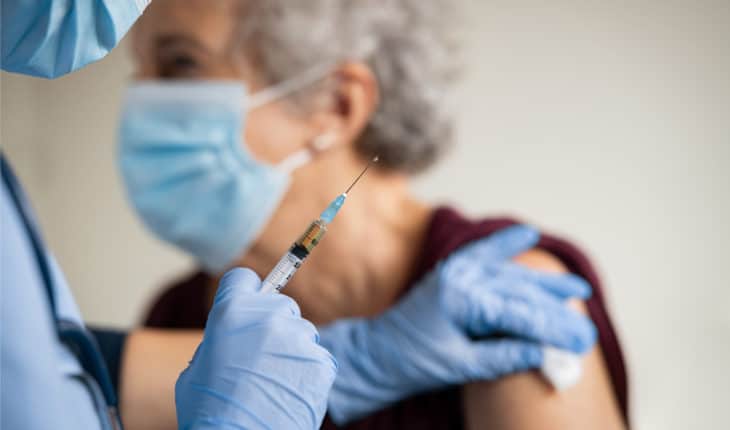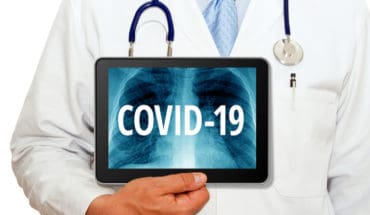A new research report published today by the International Longevity Centre-UK (ILC) and commissioned by MSD urges charities, public health groups and local communities to work together to increase routine vaccination uptake in people who are “at-risk”, such as those with asthma, COPD, diabetes, cancer, HIV, chronic heart disease and chronic kidney disease in the lead-up to the winter flu season.
While uptake of the COVID-19 vaccine has been high in these groups (over 80%), figures remain low for other routine vaccinations, such as flu (53%) and pneumococcal disease (17%). The report finds a number of barriers to uptake in at-risk groups:
Awareness: Many at-risk groups are unaware that they’re eligible for vaccines because of poor health messaging which doesn’t resonate with them and their condition.
Mobility: Some people with these conditions may struggle to get vaccinated because of mobility issues or having to travel long distances to vaccine locations.
Trust: A lack of trust in health institutions due to fears of stigma and discrimination can result in low vaccine uptake – particularly among ethnic minority groups and people living with HIV.
Given that people with underlying health conditions are at a greater risk of serious illness from vaccine-preventable diseases, it is vital that solutions are introduced to encourage uptake as we head into the winter months, when at-risk group are most clinically vulnerable.
The “Reducing the risk” report, based on a series of interviews with people from at-risk groups and charities, finds that charities can play a key role in overcoming these barriers, as they are regarded as reliant and trustworthy sources by many people who are at-risk. As such, ILC urges that charities play a key role by working with public health bodies, pharmacies and local community leaders to find ways to overcome these barriers and guarantee that all at-risk groups get routine vaccinations.
To improve routine vaccination uptake among at-risk groups, ILC calls for:
Improved vaccination communications and information: Charities, public health bodies and pharmacies to work closely together to promote the benefits of vaccines in different at-risk groups.
Closer community partnerships: Charities to use their local networks to work with local faith leaders and community groups to encourage and promote vaccination.
Better access to vaccines for at-risk people: Ride-hailing firms and local taxi services to partner with charities to help at-risk groups reach vaccine appointments.
Lord Mendelsohn, Officer for the APPG on Vulnerable Groups to Pandemics, said:
“In the UK, there are millions of people who are at a greater risk from vaccine-preventable diseases because of underlying health conditions. This has been made even clearer by the COVID-19 pandemic.”
“It’s vital that we make sure all at-risk people are well-informed about the importance of routine vaccination and have good access to them, especially as we head into the winter months. Charities and policymakers should work together to find new ways to encourage and sustain vaccine uptake in clinical risk groups.”
Patrick Swain, Research and Projects Officer at ILC, said:
“While uptake of the COVID-19 vaccine in clinical risk groups has been positive, there is still a long way to go with other routine vaccinations. We must continue with the same momentum as seen with the COVID-19 vaccine rollout for other immunisations.”
“As we head into winter, we must ensure measures are put into place that enable at-risk groups to receive these vaccines with confidence and ease. Charities have played a critical role during the COVID-19 pandemic, offering tailored support and advice to different at-risk groups during uncertain times. Moving beyond the pandemic, they should harness this expertise and continue to advise clinical risk groups about the importance and benefits of immunisation.”
“Charities have a leading role to play in delivering these changes, and should work with community leaders and public health organisations to improve vaccine uptake. Targeted communication, signposting information, and delivering messages through local figureheads should be used to promote routine vaccination in clinical risk groups.”
- Gut microbiome could delay onset of type 1 diabetes - 3rd April 2025
- The da Vinci 5 Robot Is Set To Transform Bariatric Care: - 31st March 2025
- Beyond money: the hidden drivers fuelling child food insecurity - 31st March 2025






